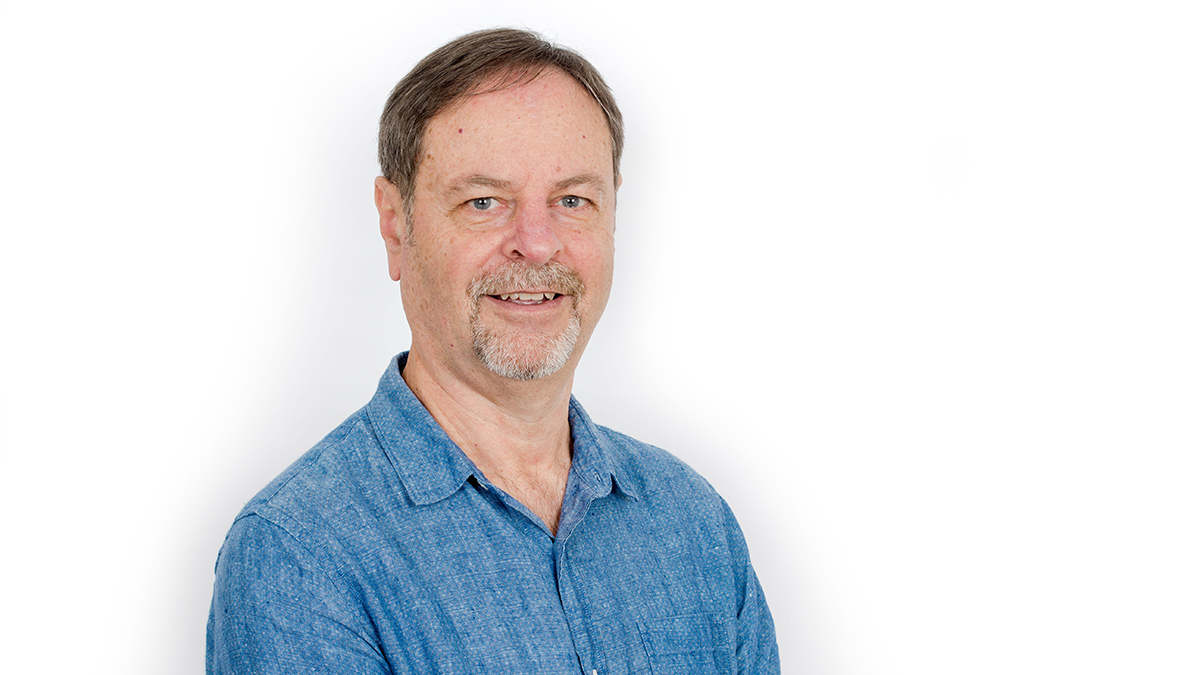Professor Daniel Reynaud’s reading of their diaries and letters provides a glimpse into the soul of more than 1000 members of the Australian Imperial Force, 27 of whom he profiles in his new book, The Anzacs, Religion and God. His research, including Anzac Spirituality, which examined the topic from a thematic view, shows more than one-third of the Anzacs wrote about religious and spiritual matters and about a quarter demonstrated some level of religious commitment. The personal and sometimes philosophical narratives reveal not only a passive belief in “diffusive Christianity” but also the complex relationship between war and religion, as Prof Reynaud, assistant dean (Learning and Teaching) in the Faculty of Arts, Nursing and Theology at Avondale University College, explains in this question and answer with Public Relations officer Brenton Stacey.
The title of your new book references religion and God. Did Anzacs disconnect the two?
No, the Anzacs saw religion and God as intrinsically belonging together. The word “religion” did not bear the negative connotations it often does today, and most Anzacs, while not actively religious, would have considered themselves Christian in a generic sense. The overwhelming majority believed in God and operated from a basically biblical worldview in terms of human history and of morality and ethics.
Your previous book took a thematic approach to the Anzacs and religion. But the bulk of your evidence came, as it does in this book, from the diaries and letters of soldiers. What does The Anzacs, Religion and God reveal that Anzac Spirituality did not?
It clarified a few things that got lost in the generalisations of Anzac Spirituality. First, the basic beliefs of Christianity were widespread, even if most Anzacs could not articulate much theology or even biblical knowledge. Second, most Anzacs saw the world and their war experiences through what has been described as “diffusive Christianity”—where the essential principles and beliefs of Christianity exist but are poorly supported by extensive coherent knowledge or overt attachment. Third, while many Anzacs may have labelled themselves “secular”, the phrase means something vastly different now. Given our understanding of the term, a better description of the Anzacs would be as passive Christians.
This book follows the spiritual journeys of 27 members of the Australian Imperial Force. Why 27?
I was looking for sufficient evidence to trace a spiritual journey in the writings of the Anzacs. I found 27 interesting journeys. There were others, but they either added nothing new to our understanding or offered too little evidence to draw valid conclusions. Under-represented in the book are those who were spiritually indifferent and those who were converted to faith and belief during the war. We have evidence that both groups existed but none left a personal trail of evidence: the first obviously because their indifference to spirituality meant they never wrote about it, and the second, well I don’t know, but I hope one day to find a diary or letters from such an Anzac.
You say these soldiers “wrestled with their pre-existing beliefs in the crucible of war”. So, did some find faith and others lose it? Or is the relationship between spirituality and war more complex?
Some found faith and others lost it. However, as a few people noted, the war didn’t change people’s beliefs so much as it tended to reinforce them. The religious tended to come out more religious, those antagonistic to religion found war confirmed their beliefs about religion.
You share 27 different stories in the book but is there a common theme?
In the sense that all deal with soldiers’ spiritual engagement under the stress of war. But I was trying to demonstrate as full a range of responses as the evidence made possible. Yes, some of the soldiers found consolation in faith. Others in art, music and poetry. Some sought out humanism. Some found none anywhere.
Australians continue perpetuating the Anzacs-were-not-religious myth despite your continuing revelations of a deep but concealed interest in spirituality. Based on your reading, what would the soldiers have said about this were they alive today?
They may not recognise themselves in the purely secular constructs we’ve made of them. But that’s often the fate of people in history: we reconfigure them so they address our concerns, not those of the era in which they lived.






